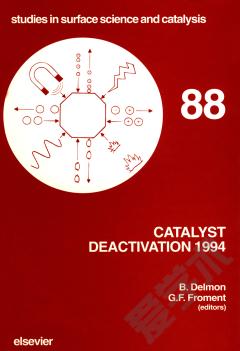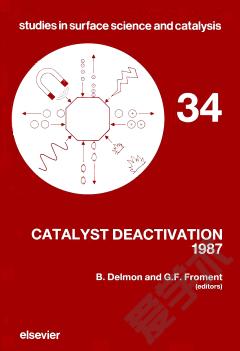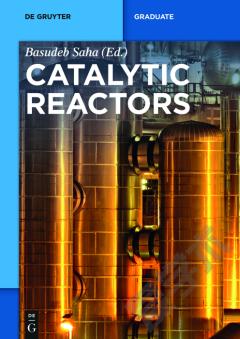Catalyst Deactivation 1994
Catalyst Deactivation 1994 was an expansion of earlier, highly successful symposia. The objective of the symposium was to promote a scientific approach of the phenomenon of catalyst deactivation which will contribute to the development of catalysts which are less subject to structural transformations and more resistant to poisons and coke formation. These aspects are dealt with in 12 plenary lectures, 48 oral presentations and 35 poster papers, which were critically selected from an impressive response from some 30 countries.Both fundamental and applied aspects were covered. The deactivation of catalysts in important industrial processes like fluid bed catalytic cracking hydrotreatment, hydrodesulfurization, catalytic reforming, hydrodenitrogenation, steam reforming, hydrodemetallization, hydrocracking, Fischer-Tropsch synthesis, propane dehydrogenation, phthalic anhydride synthesis received considerable attention. Mechanisms of poisoning, sintering and coking were further investigated and modelled and new experimental techniques for the characterization and the quantification of deactivation were also introduced.
{{comment.content}}








 京公网安备 11010802027623号
京公网安备 11010802027623号